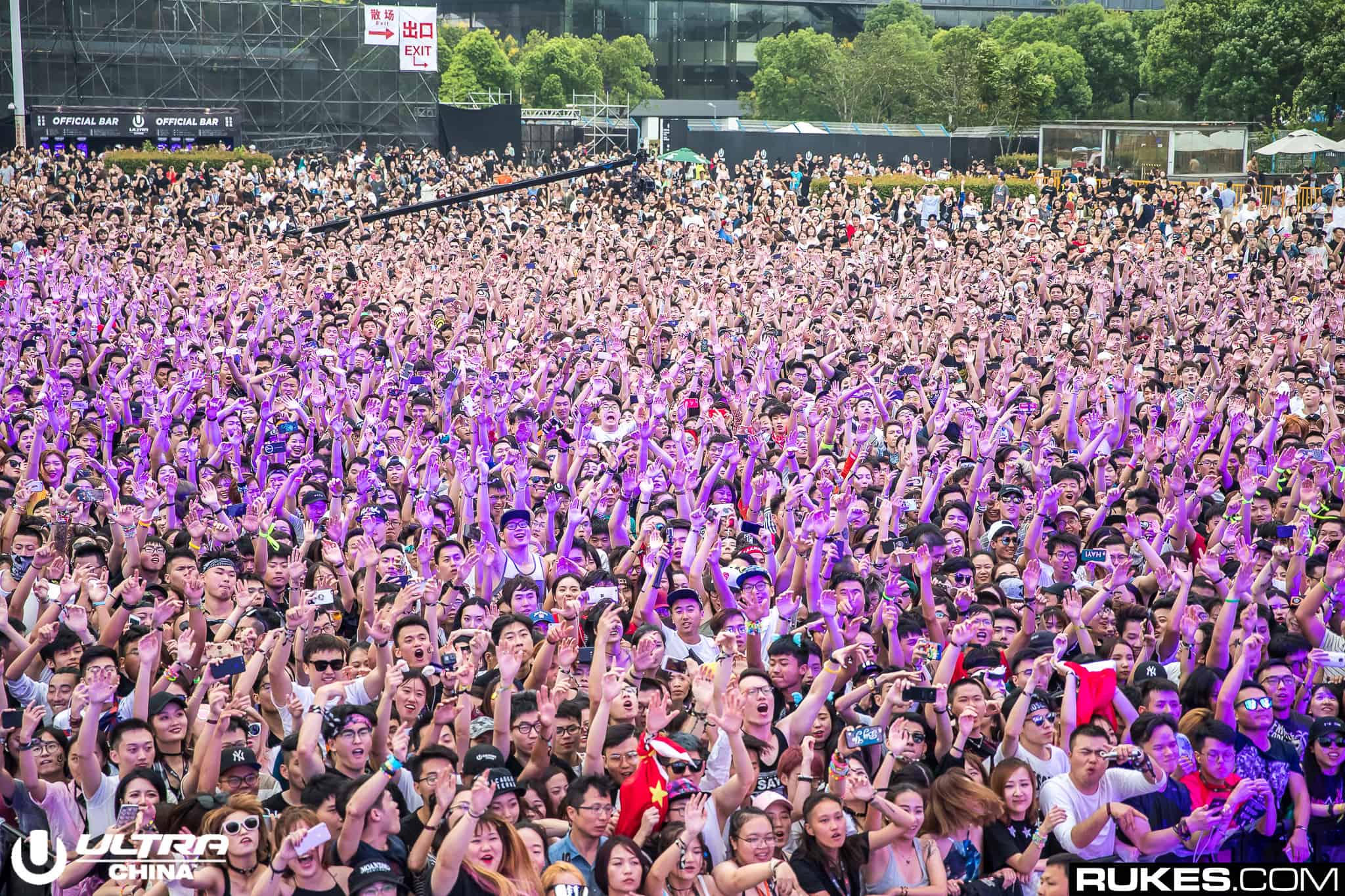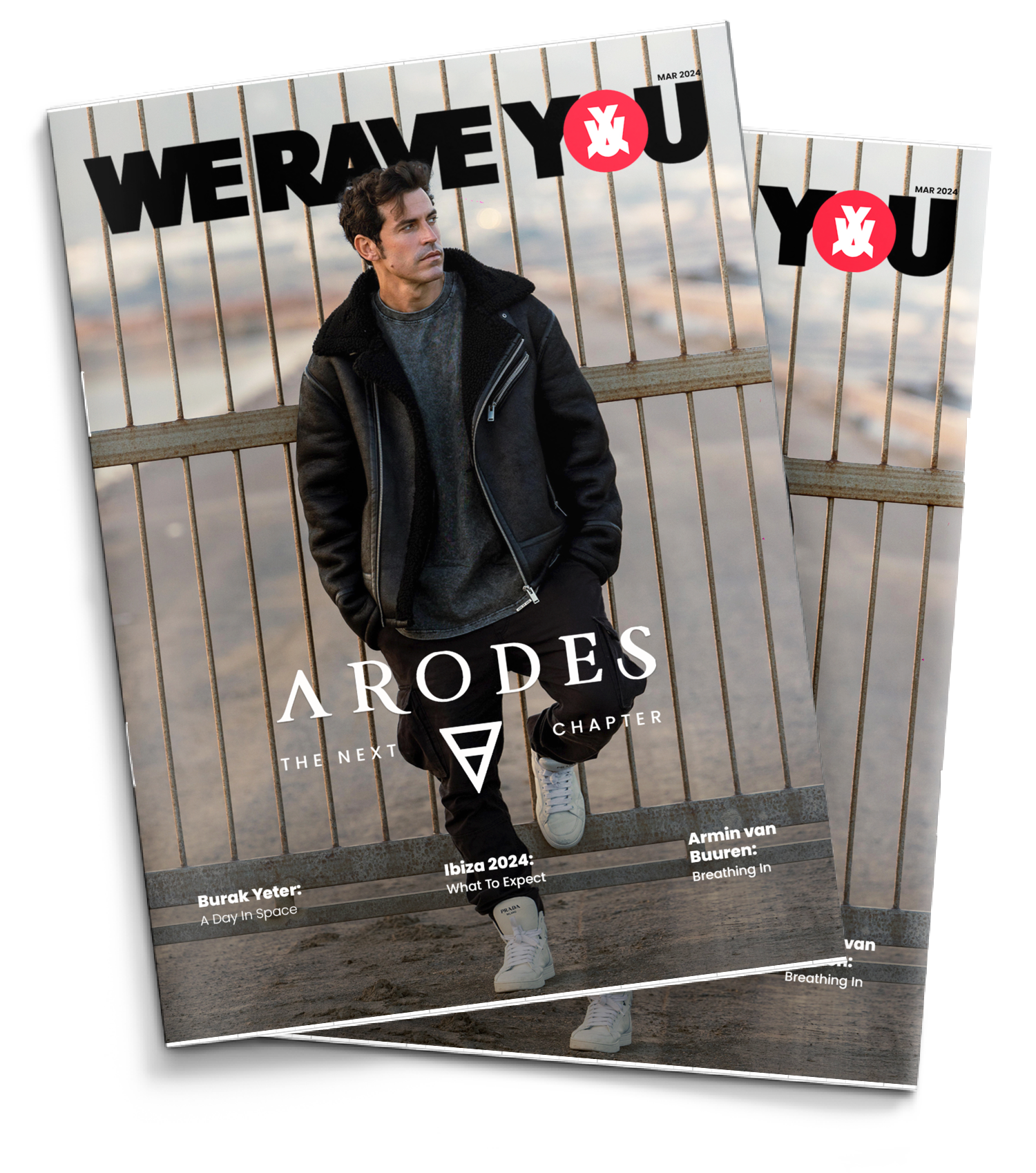

The enduring pop culture footprint of electronic dance music
Since the birth of modern electronic dance music in the late 80s and early 90s, the genre has transcended media, cultures, and lifestyles. It has become a true constant not only in music, but in wider pop culture.
After the turn of the millennium, dance music’s appeal truly exploded, boosted by its rise in popularity outside of its traditional home in Europe; for the first time, mainstream audiences in Australia and the USA were re-inventing their own rave cultures.
Household names like Carl Cox and Paul Oakenfold helped blaze a trail for the scene, before artists like Skrillex, Avicii, and David Guetta perhaps unlocked its true global potential, harnessing the power of streaming and the wider internet marketplace to reach an audience of billions.
Fast forward almost 30 years and dance music music is just as in demand. New releases from Galantis, Ekali, and Skrillex are helping to keep the genre relevant and exciting as we enter into a new decade. And while many sub-genres of dance music have inevitably fallen by the wayside, dance music shows no sign of slowing down.
But what is the key to modern electronic dance music’s enduring success?
Fusion genres
electronic dance music is an infinitely adaptable genre that lends itself perfectly to collaborations with artists outside of the sphere. Steve Aoki’s recent collaboration with Blink-182 fused electronic dance music with punk rock music, while the late, great Avicii worked alongside some of the biggest artists in the world, including Coldplay, Wyclef Jean, and Nile Rodgers.
More and more artists have turned to electronic dance music to help modernize their sound and engage with a younger audience. Avicii’s 2013 mega-hit ‘Wake me up’ fused folk and country melodies with anthemic Dance hooks to strike a winning formula, and the trend for ‘collabs’ seemed set to grow from strength to strength.
So Steve Aoki, Calum Hood, AND Blink-182 are all working in the studio together nbd: https://t.co/AaQizBSwZd pic.twitter.com/3fG857Fhh2
— MTV NEWS (@MTVNEWS) March 22, 2016
New media
New media has also played a key role in helping to keep electronic dance music at the forefront of pop culture, with the sound finding platforms on media beyond CDs, streaming apps, and vinyl. TV shows and films often utilize the genre in their storytelling, conveying tension, excitement, ecstasy, and loss, through electronic dance music hooks. One such example is Blade Runner 2049, which featured a soundtrack heavily influenced by electronic music.
electronic dance music also features heavily in gaming, helping to add an irresistible immersive quality to the latest flagship titles on Xbox One and PS4. Gaming soundtracks are crucial to setting a pace for the action on screen, and electronic dance music’s trademark drops lend themselves perfectly to this.
Games like Mortal Kombat, Rocket League, and Wipeout have placed the sound at the very forefront of the action, while even in the world of online casino gaming, electronic dance music is used to help deliver a more sensory experience to players.
The musical aesthetic of electronic dance music helps create bitesize futuristic worlds in slots and bingo games at sites like Buzz Bingo like Fruit Fusion and Slingo Advance, helping traditional pastimes evolve to become more relevant and engaging to a modern audience. These electronic soundtracks create little pockets of immersive gaming, with the music cultivating an almost otherwordly aesthetic, in games that only last for a few minutes at a time.
“I had your job once. I was good at it.” #BladeRunner2049 pic.twitter.com/m82xxq3FPu
— #BladeRunner 2049 (@bladerunner) December 15, 2017
If you’re a fan of the genre then finding new music is a cinch. But even if you’re not a follower of electronic dance music, its sound echoes through new media to such an extent that it’s almost impossible to ignore. And perhaps this is the key factor behind its enduring pop culture footprint.
Image Credit: Rukes.com


- Arodes cover Interview
- Armin van Buuren: Breathing In [Exclusive Interview]
- Ibiza 2024: What To Expect
- Burak Yeter: A Day In Space [Exclusive]
